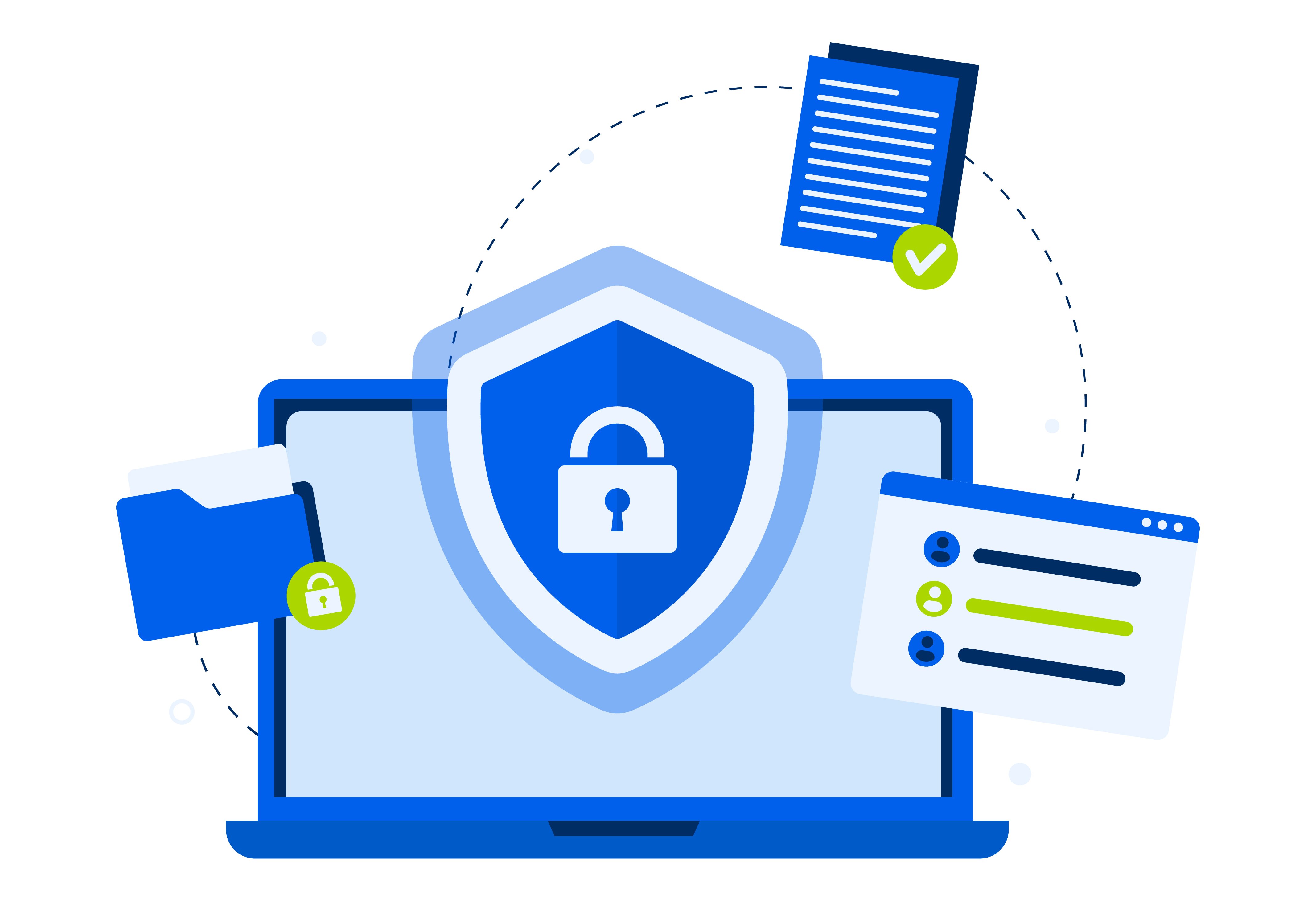Multi-factor Authentication: A Key to Electis' Secure Voting System
Explore the crucial role of Multi-factor Authentication in ensuring the security and integrity of Electis' advanced electronic voting system
Electis offers a cutting-edge solution for conducting executive elections within your organization. Our platform ensures a secure, transparent, and user-friendly experience for both the organizers and the voters, making the electoral process straightforward and trustworthy.

.png?width=2000&height=1500&name=Dedicated%20to%20social%20illustrations-02%20(1).png)
Navigating the waters of executive elections can be a complex endeavor. The process requires a system that not only ensures the integrity and confidentiality of the votes but also is user-friendly and adaptable to the unique needs of your organization. Our platform, structured for executive decision-making, provides a robust and secure environment for conducting seamless executive elections. Discover below the array of features we offer to empower your organization in selecting its leadership with confidence and transparency.
Create ballots tailored to your executive elections with various voting methods and personalized content to reflect your organization's unique needs.
Monitor the voting progress and access preliminary results in real-time, ensuring an open and transparent electoral process.
Electis's blockchain technology guarantees the anonymity and security of every vote, instilling trust in the electoral process
Our user-friendly interface ensures a seamless voting experience, accessible from any device and understandable to all, regardless of technical skill
Every vote is recorded on a tamper-proof ledger with a unique cryptographic signature, allowing for comprehensive audit trails and easy verification of results
Ensure only eligible members participate with our automated voter authentication system that simplifies the verification process while maintaining the highest standards of security
Post-election reporting tools provide in-depth analysis and insights, aiding in a thorough review and understanding of the election outcomes
Our blockchain-based platform, being open-source on a public blockchain, ensures the highest level of security, protecting against any form of data manipulation and ensuring the integrity of the election results
With real-time verifiable results, our platform provides an unprecedented level of transparency, allowing for immediate auditability and fostering trust among stakeholders.
Electis is designed to be intuitive and accessible, ensuring a seamless voting experience for everyone, regardless of technical proficiency
Electis leverages the power of blockchain technology, which is renowned for its security features. Being open-source on a public blockchain, our platform ensures that all election data is stored in a tamper-proof manner, protecting against any form of data manipulation and ensuring the integrity of the election results
Electis provides real-time verifiable results, allowing for immediate auditability. Every vote is recorded on a tamper-proof ledger with a unique cryptographic signature, which can be verified by any stakeholder, fostering trust and transparency in the electoral process
No, Electis is designed to be intuitive and user-friendly, ensuring a seamless voting experience for everyone, regardless of technical proficiency. Additionally, we provide comprehensive support and guidance to help users navigate the platform with ease.
Being open-source means that the code powering Electis is publicly available for inspection and review. This transparency allows for a community-driven approach to security and functionality enhancements, ensuring the platform remains robust, up-to-date, and aligned with the needs of its users.
Explore the crucial role of Multi-factor Authentication in ensuring the security and integrity of Electis' advanced electronic voting system
Explore how Zero-Knowledge Proofs (NIZK) revolutionize electronic voting, ensuring security and privacy against election fraud in the digital age
Explore how Django's robust framework powers Electis' secure, transparent e-voting platform, setting a new standard in digital democracy.